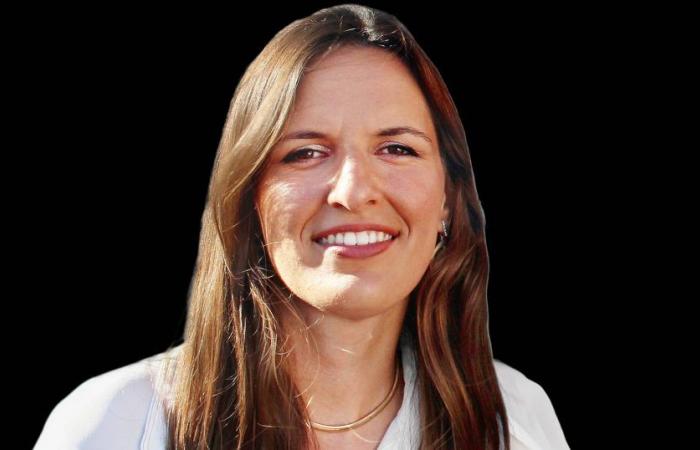Once the hustle and bustle of the electoral process returned, there was also the expected silence in party interventions on Foreign Policy, International Security and National Defense. This is regrettable and worrying, and the new government now has an increased responsibility to clarify Portugal’s position in the unstable international context in which it operates.
Foreign policy has always been a distant and unattractive topic for the electorate of a small country that is not in the habit of questioning the weight of its foreign affairs abroad. It is still a non-urgent and neglected issue, partly because the majority of Portuguese people think that what happens outside our borders does not solve the problems of Health, Social Security, Education, Housing and Culture. However, what the country forgets, and what our party leaders insist on not highlighting, is that practically all of our problems at a domestic level depend a lot on what happens in international politics and economics.
Only in recent years have we seen this global interdependence first-hand with the Covid-19 pandemic, in the purchase of vaccines, inflation, international supply chains and rising incomes. In 2024, and for the first time in my generation, we are feeling our dependence on the European Union (EU) and NATO in terms of strategic vision, capacity development and action in matters of Security and Defense. We grew up thinking that peace and stability in Europe were assured. Now, war is a reality.
For this reason, in this new legislature we should be very interested as Portuguese citizens, but always also Europeans, in Portugal’s position in relation to European integration, the war in Ukraine, the sanctions on Russia, the war in Gaza, the degradation of the multilateral system and Development Cooperation. The positioning of a new national government on all these issues, the promises made in terms of national foreign policy and the congruence with our allies are factors that will inevitably encourage political scrutiny in the coming years.
The Portuguese can and should want to know what the new executive intends to do in relation to the next enlargement of the EU, the non-negotiable support for Ukraine, the increase in the Defense budget, the future of NATO and the maintenance of International Law in Gaza. The risks and responsibility on the shoulders of the ministers of national defense and foreign affairs weigh today more than ever before, especially because all these issues have a very strong international symbolism and, as such, it is necessary for Portugal to think carefully about the external positioning it wants to have.
As was seen during the electoral campaign, the parties have failed to bring citizens closer to foreign policy. However, foreign policy is becoming increasingly close and uncomfortable to us, namely through the hypothetical return of compulsory military service, equality issues (women as crucial assets for the armed forces), renewed investments in armaments in a pre-war phase, and an economy that is not proof against the ills of international insecurity. In a country with high abstention and systemic disenchantment with politics, it has never been more important for our ministers to prioritize transparency, realism and honesty to explain to their citizens what lies ahead.
In recent weeks, we have seen an escalation of accusations against European countries by Vladimir Putin, provocative statements by Trump about NATO and President Macron’s suggestion about sending troops from the Atlantic Alliance to Ukrainian soil. There is great uncertainty about the spread of the war in Ukraine to European countries that are members of NATO. Still, unconsciously and somewhat lunatically, there is a section of national parties, namely the PCP and the BE, that consider it plausible to resolve this geopolitical context through Portugal’s exit from NATO – our guarantor of national and collective survival –, disarmament and friendly negotiations with Putin. For these parties, and after 50 years of democracy suffering against anti-democratic threats, Russia’s war against Ukraine is just a small historical accident.
Foreign policy certainly did not give votes, but it could create the conditions for a war. The ministries of Paulo Rangel and Nuno Melo now have an increased responsibility.






